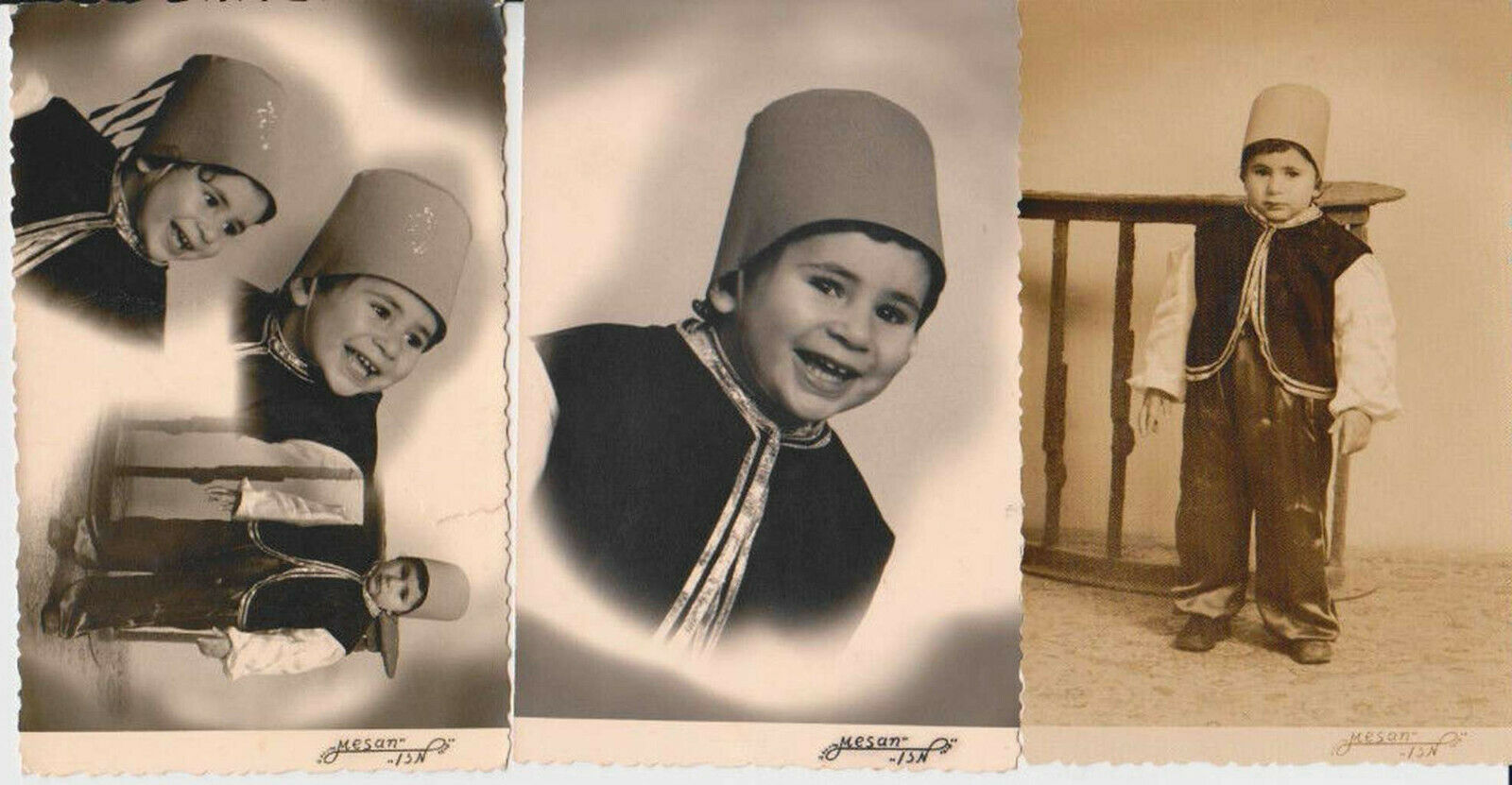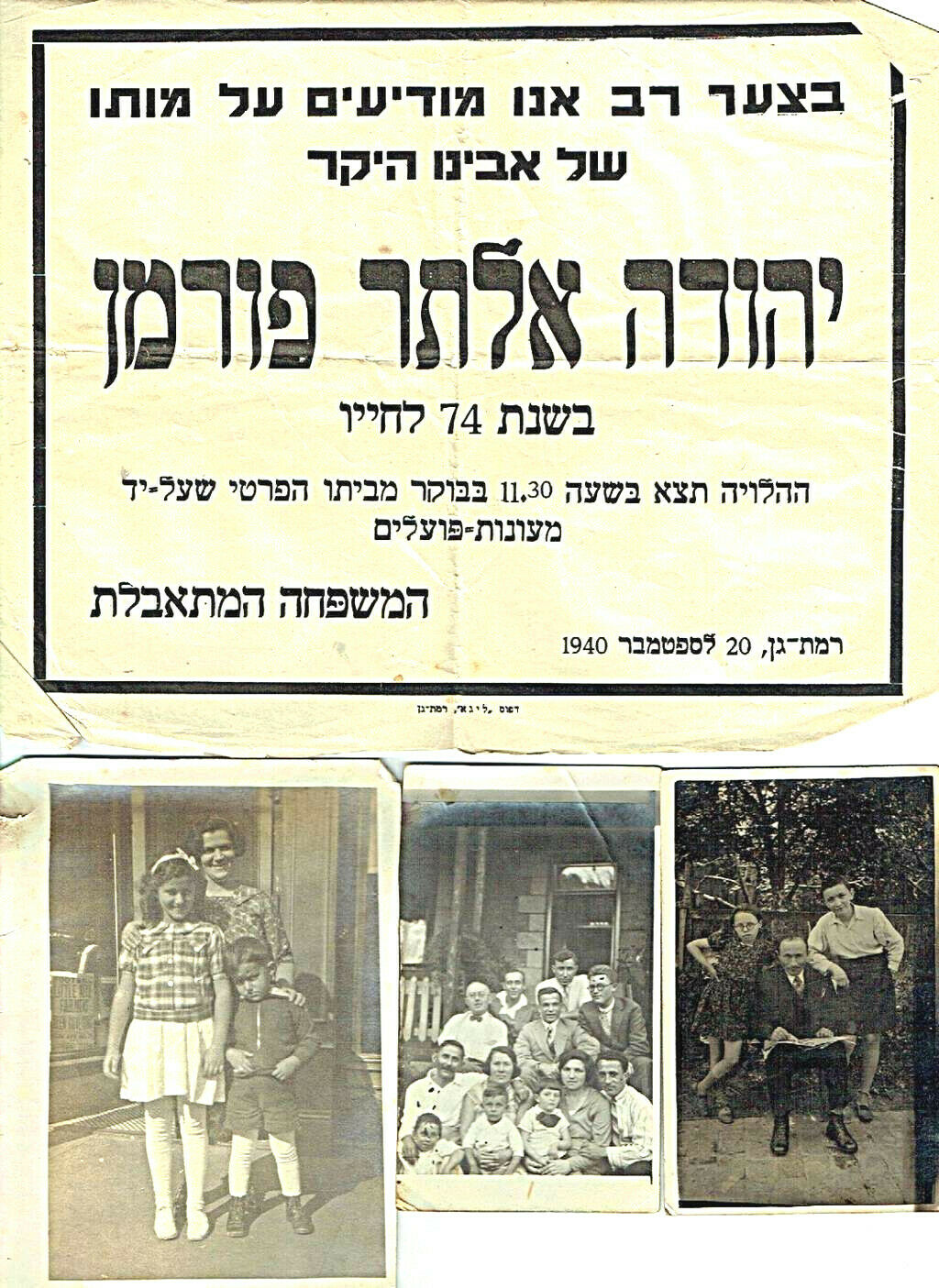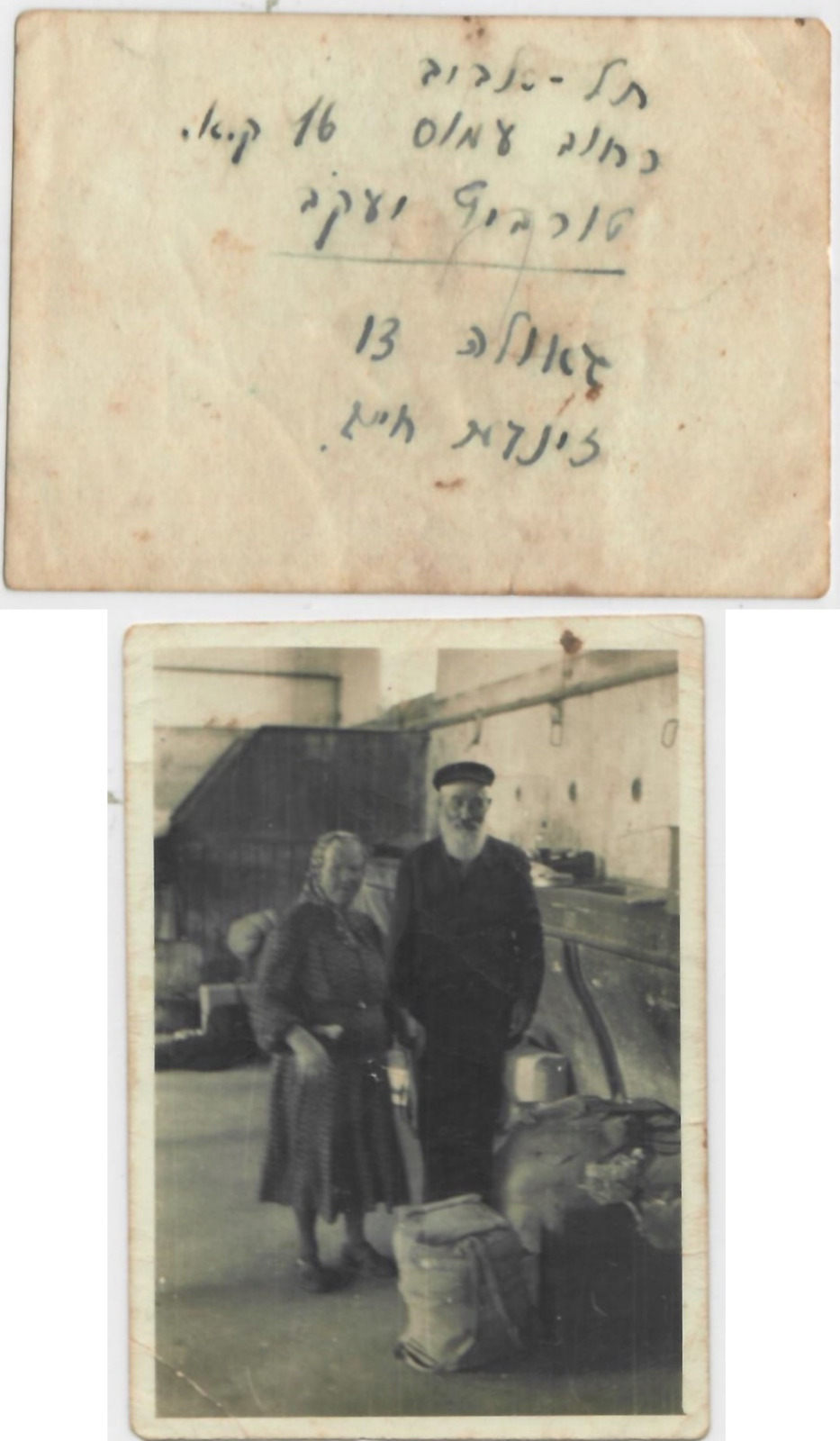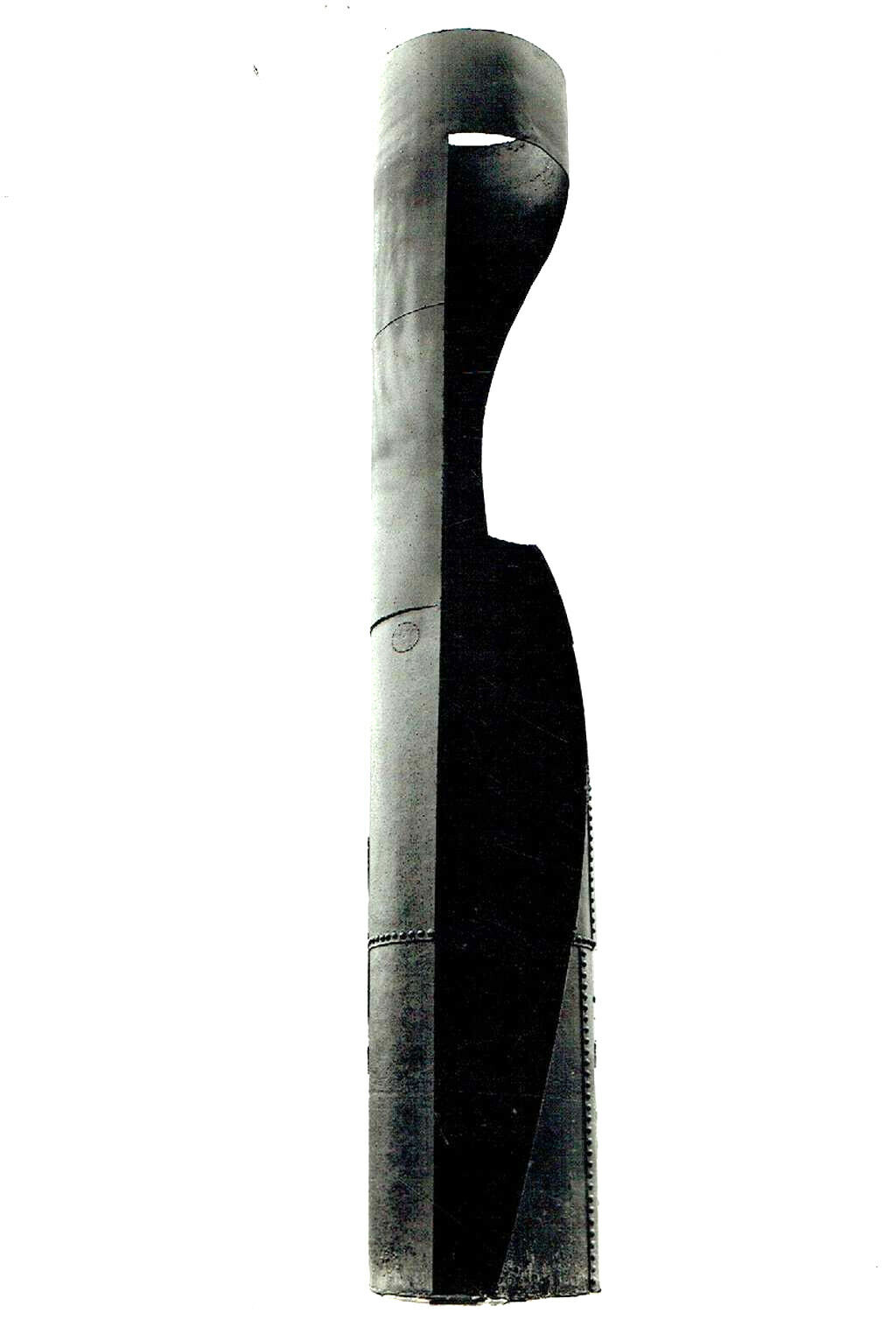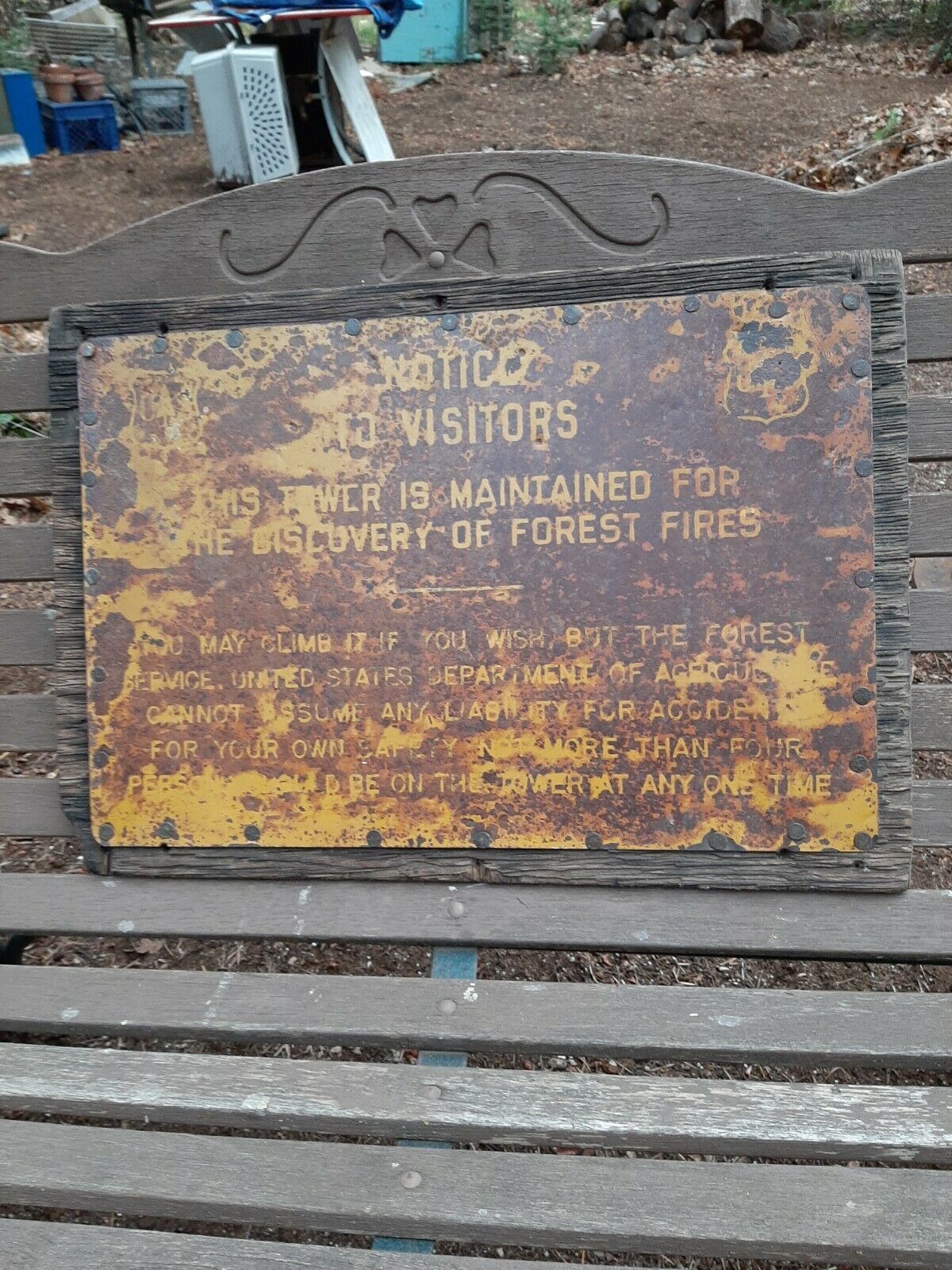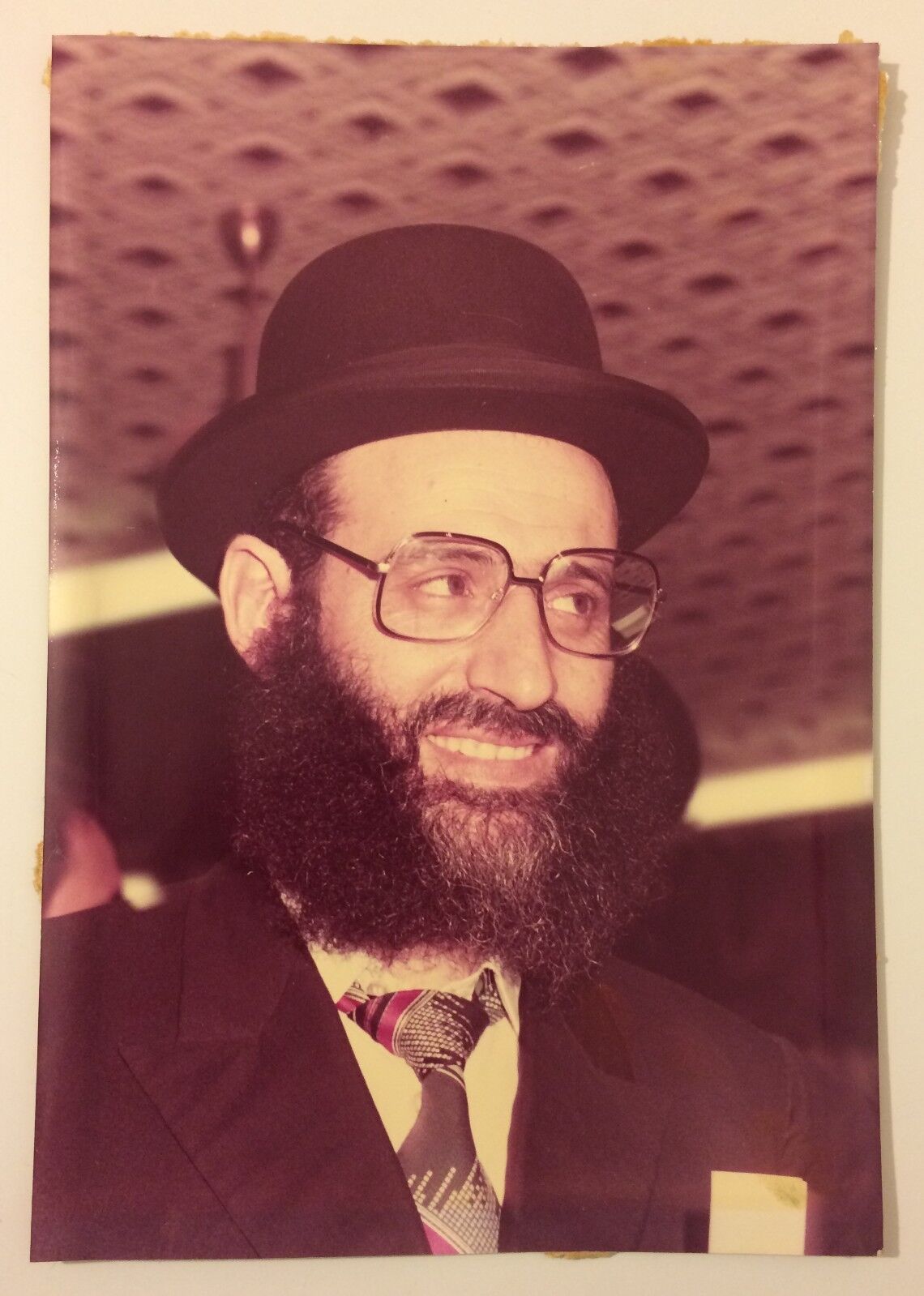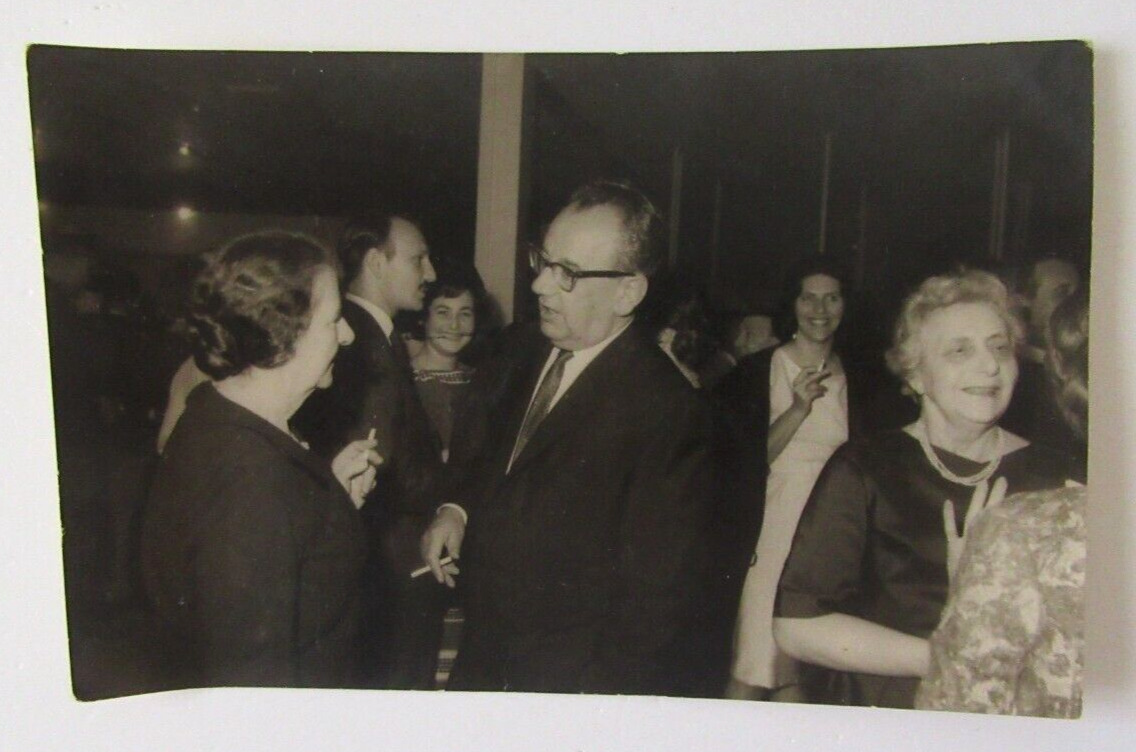-40%
1960 Pessach PASSOVER Hebrew POSTER Israel JEWISH SEDDER Judaica KKL Haggadah
$ 25.87
- Description
- Size Guide
Description
DESCRIPTION:
Here for sale is a genuine authentic vintage almost 50 years old JEWISH POSTER . Lithographic or zyncography printing , Which was issued by the JNF ( Jewish National Fund ) - KKL ( Keren Kayemet Le'Israel ) in ca 1960's for the purpose of celebrating and commemorating the Jewish feast of PASSOVER - PESSACH , Particulary the SEDDER NIGHT .
The HEBREW heading is a quote from the HAGGADAH namely "MA NISHTANA HALAYLA HAZE" and "SEDDER PESSACH" . Captures also in French " NUIT DU SEDER" , In Spanish "EL SEDER DE PESAJ" and in English " SEDER NIGHT" .
A colorful STONE LITHOGRAPHIC or Zyncography Printing . Printed in Jerusalem by offset " ZIV". Designed by M.GEFEN. Ca 1960's. The poster SIZE is around 19" x 13" . The poster is printed on thin stock. Excellent condition.
( Pls look at scan for accurate AS IS images )
The POSTER will be sent rolled in a special protective rigid sealed tube.
AUTHENTICITY
:
The poster comes from a KKL- JNF old warehouse and is fully guaranteed ORIGINAL from ca 1960's. Copies of this AUTHENTIC poster are being bought WHOLESALE from my eBay store for RESELLING by the largest and well reputed POSTER GALLERIES in JAFFA ISRAEL and WORLDWIDE . It is NOT a reproduction or a recently made reprint or an immitation , It holds a life long GUARANTEE for its AUTHENTICITY and ORIGINALITY.
PAYMENTS
:
Payment method accepted : Paypal
& All credit cards
.
SHIPPING
:
Shipp worldwide via registered airmail is $ 25 . Poster will be sent rolled in a special protective rigid sealed tube.
Handling around 5 days after payment.
Passover, or Pesach (from: פֶּסַח in Hebrew, Yiddish), /ˈpesaχ/ Pesah, Pesakh, Yiddish: Peysekh, Paysakh, Paysokh) is an important Biblically-derived Jewish festival. Historically, together with Shavuot ("Pentecost") and Sukkot ("Tabernacles"), Passover is one of the three pilgrimage festivals (Shalosh Regalim) during which the entire population of the kingdom of Judah made a pilgrimage to the Temple in Jerusalem. Samaritans still make this pilgrimage to Mount Gerizim, but only men participate in public worship.Passover commences on the 15th of the Hebrew month of Nisan and lasts for either seven days (in Israel) or eight days (in the diaspora). In Judaism, a day commences at dusk and lasts until the following dusk, thus the first day of Passover only begins after dusk of the 14th of Nisan and ends at dusk of the 15th day of the month of Nisan. The rituals unique to the Passover celebrations commence with the Passover Seder when the 15th of Nisan has begun. In the Northern Hemisphere Passover takes place in spring as the Torah prescribes it: "in the month of [the] spring" (בחדש האביב Exodus 23:15). It is one of the most widely observed Jewish holidays. The Jewish people celebrate Passover as a commemoration of their liberation over 3,300 years ago by God from slavery in ancient Egypt that was ruled by the Pharaohs, and their birth as a nation under the leadership of Moses. It commemorates the story of the Exodus as described in the Hebrew Bible especially in the Book of Exodus, in which the Israelites were freed from slavery in Egypt. In the narrative of the Exodus, the Bible tells that God helped the Children of Israel escape from their slavery in Egypt by inflicting ten plagues upon the ancient Egyptians before the Pharaoh would release his Israelite slaves; the tenth and worst of the plagues was the death of the Egyptian first-born. The Israelites were instructed to mark the doorposts of their homes with the blood of a slaughtered spring lamb and, upon seeing this, the spirit of the Lord knew to pass over the first-born in these homes, hence the name of the holiday.There is some debate over where the term is actually derived from. When the Pharaoh freed the Israelites, it is said that they left in such a hurry that they could not wait for bread dough to rise (leaven). In commemoration, for the duration of Passover no leavened bread is eaten, for which reason it is called "The Festival of the Unleavened Bread".Thus Matzo (flat unleavened bread) is eaten during Passover and it is a symbol of the holiday. The Passover Seder (Hebrew: סֵדֶר order, arrangement"; Yiddish: Seyder) is a Jewish ritual feast that marks the beginning of the Jewish holiday of Passover. It is conducted on the evenings of the 14th day of Nisan in the Hebrew calendar, and on the 15th by traditionally observant Jews living outside Israel. This corresponds to late March or April in the Gregorian calendar. The Seder is a ritual performed by a community or by multiple generations of a family, involving a retelling of the story of the liberation of the Israelites from slavery in ancient Egypt. This story is in the Book of Exodus (Shemot) in the Hebrew Bible. The Seder itself is based on the Biblical verse commanding Jews to retell the story of the Exodus from Egypt: "You shall tell your child on that day, saying, 'It is because of what the LORD did for me when I came out of Egypt.'" (Exodus 13:8) Traditionally, families and friends gather in the evening to read the text of the Haggadah, an ancient work derived from the Mishnah (Pesahim 10).The Haggadah contains the narrative of the Israelite exodus from Egypt, special blessings and rituals, commentaries from the Talmud, and special Passover songs. Seder customs include drinking four cups of wine, eating matza, partaking of symbolic foods placed on the Passover Seder Plate, and reclining in celebration of freedom. The Seder is performed in much the same way by Jews all over the world. The Haggadah (Hebrew: הַגָּדָה, "telling", plural: Haggadot) is a Jewish text that sets forth the order of the Passover Seder. Reading the Haggadah at the Seder table is a fulfillment of the Scriptural commandment to each Jew to "tell your son" of the Jewish liberation from slavery in Egypt as described in the Book of Exodus in the Torah. ("And thou shalt tell thy son in that day, saying: It is because of that which the LORD did for me when I came forth out of Egypt. " Ex. 13:8) Sephardi and Mizrahi Jews also apply the term Haggadah to the service itself, as it constitutes the act of "telling your son." ebay64




